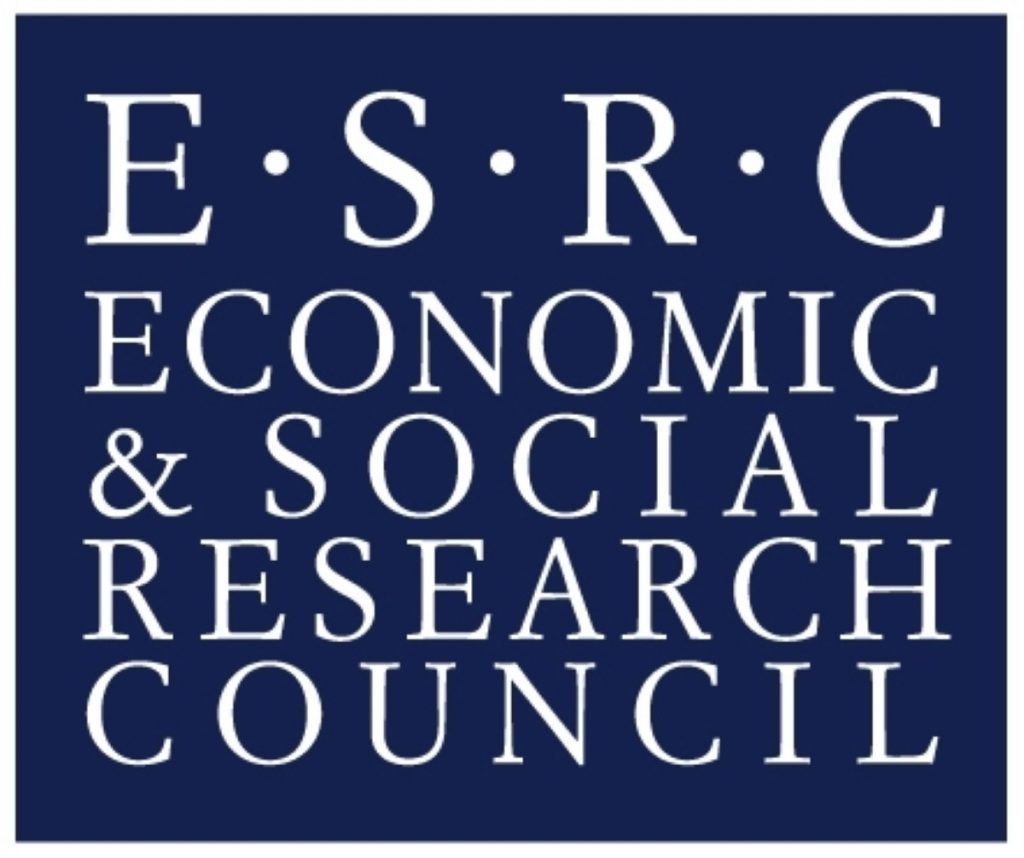ESRC: Festival of Social Science: Sustainable technologies do not automatically lead to more sustainable lives
Date: 1st – 5th November 2014
Time: 14.00 – 19.30hrs
Location: Cambridge
A study has found that people use domestic energy-saving systems in unexpected ways – often cancelling out any savings.
On one occasion, researchers met a family living in a purpose-built energy-saving home with a highly-efficient heating system who purposely turned their heating on during hot summer days. When questioned why, it turned out that they were passionate about baking bread and found that the surface of their boiler was perfect for proving the dough.
The investigation was part-funded by Economic and Social Research Council and carried out by researchers at Anglia Ruskin University. It aimed to establish if the way people use sophisticated energy-saving technologies is what their creators envisaged. Though it is acknowledged that the technologies work and can help people live more sustainable lives, the study focused on how they are really being used and why people live the way they do.
“Sustainability research and policy initiatives need to focus more on the practices underlying how and why we consume resources rather than the technology,” says Dr Chris Foulds, Postdoctoral Research Fellow at Anglia Ruskin University. “It’s increasingly being recognised that people aren’t pushed and pulled at the whim of technologies, nor does what people think always direct how people actually act.”
During fieldwork, the researchers met a householder who had water-saving spray taps that were much appreciated for the quality of the bubbles they created when filling a bath. Consequently, the householder had more baths than before they had the taps – negating any water savings. They also talked with several householders using energy monitoring technologies and found one example where, though an energy user enjoyed recording and plotting how much energy they were using, they give little thought for how savings could be made.
When it comes to living sustainably, there are many social reasons why we live, work and play in the way that we do. Foulds asks, for example, whether any of us would compromise on hygiene by foregoing baths or showers, or insist that guests visiting our homes wrap-up well because we’re unwilling to turn up the heating. Social conventions dictate that we keep clean and make our guests feel comfortable, he points out.
Foulds is urging that the focus is taken off the technology and redirected towards social organisation, how resources are used, and the activities for which they are used. He wants to know if there are ways in which social practices and the consumption of resources can be changed in our daily lives. For example, what would it take for people to adopt different approaches to, for example: taking young family members by car to football practice, flying off on holidays abroad, visiting relatives in other countries, or driving to the supermarket because the weekly grocery shopping is bulky and heavy?
“Sustainability and built environment policies and research have for too long assumed that ‘magic-bullet’ technologies are the answer, or that we can encourage behavioural change by targeting people’s attitudes, beliefs and how they think,” says Foulds. “But people use technologies and consume resources to perform various practices, so we need to research how these activities have evolved and are organised if we are to find better ways to live our everyday lives sustainably.”
Dr Chris Foulds and members of the Global Sustainability Institute will introduce these ideas to children at a hands-on outdoor event entitled, ‘Everyday sustainability: The extraordinary environment treasure hunt’, in Cambridge on 1 November. He will also lead a discussion about these issues at an event for members of the public entitled ‘Everyday sustainability: Negotiating carbon footprints’, on 5 November. Both events are part of the ESRC's flagship annual Festival of Social Science.
For further information contact:
· Dr Chris Foulds
Email: chris.foulds@anglia.ac.uk
Telephone: 0845 196 5112
ESRC Press Office:
· Aaron Boardley
Email: Aaron.Boardley@esrc.ac.uk
Telephone: 01793 413122
· Susie Watts
Email: Susie.Watts@esrc.ac.uk
Telephone: 01793 413119
NOTES FOR EDITORS
1. The Global Sustainability institute are leading two events at this years’ ESRC Festival of Social Science:
o Event: Everyday sustainability: The ‘extraordinary environment’ treasure hunt
Location: Mill Road Cemetery, Mill Road, Cambridge, CB1 2AW
Date: 1 November 2014, 14.00-16.30
o Event: Everyday sustainability: negotiating carbon footprints
Location: Room 005, Lord Ashcroft Building, Anglia Ruskin University, East Road, Cambridge, CB1 1PT
Date: 5 November 2014, 18.00-19.30
Prior registration is required
2. The 12th annual Festival of Social Science takes place from 1-8 November 2014 with over 200 free events nationwide. Run by the Economic and Social Research Council, the Festival provides an opportunity for anyone to meet with some of the country’s leading social scientists and discover, discuss and debate the role that research plays in everyday life. With a whole range of creative and engaging events there’s something for everyone including businesses, charities, schools and government agencies. A full programme is available at www.esrc.ac.uk/festival. You can also join the discussion on Twitter using #esrcfestival.
3. The Economic and Social Research Council (ESRC) funds research into the big social and economic questions facing us today. We also develop and train the UK’s future social scientists. Our research informs public policies and helps make businesses, voluntary bodies and other organisations more effective. Most importantly, it makes a real difference to all our lives. The ESRC is an independent organisation, established by Royal Charter in 1965, and funded mainly by the Government. In 2015 the ESRC celebrates its 50th anniversary. www.esrc.ac.uk.





-01.png)